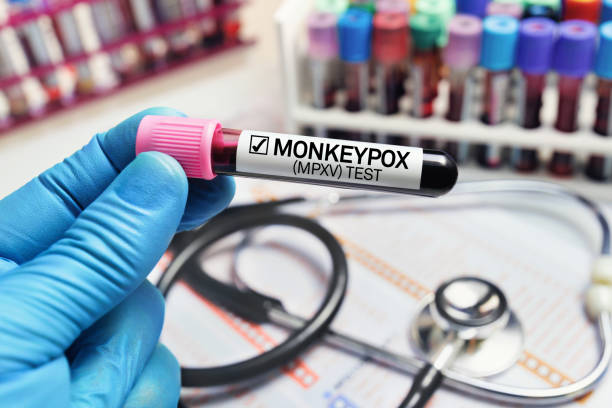
The World Health Organization (WHO) has announced that the spread of mpox (monkeypox) no longer constitutes a Public Health Emergency of International Concern (PHEIC). WHO Director-General Dr. Tedros Adhanom Ghebreyesus confirmed the decision after the Emergency Committee reviewed the situation and noted significant and sustained declines in cases and deaths across several countries, including the Democratic Republic of Congo, Burundi, Sierra Leone, and Uganda. Improved understanding of transmission risks and enhanced national response systems also contributed to the downgrade.
Despite this declaration, WHO emphasized that the threat is not over. Surveillance and rapid response measures must continue, especially to protect vulnerable populations such as children and people living with HIV. The organization warned of the potential for localized outbreaks and stressed that continued global cooperation is necessary to prevent resurgence.
Meanwhile, the Africa Centres for Disease Control and Prevention (Africa CDC) has maintained mpox as a continental public health emergency, citing fresh surges in Ghana, Liberia, Kenya, Zambia, and Tanzania, even as overall weekly cases fell by 52%. Africa CDC’s consultative group recommended sustained vigilance and resource allocation to curb the virus in regions where transmission remains active.
Mpox, a viral zoonotic disease, typically presents with fever, swollen lymph nodes, body aches, and later rashes across the body. While most patients recover within weeks, severe cases and fatalities can occur. Since May 2022, more than 100 countries worldwide have reported mpox cases, highlighting the need for long-term preparedness even as global emergency status is lifted.

.jpeg)



